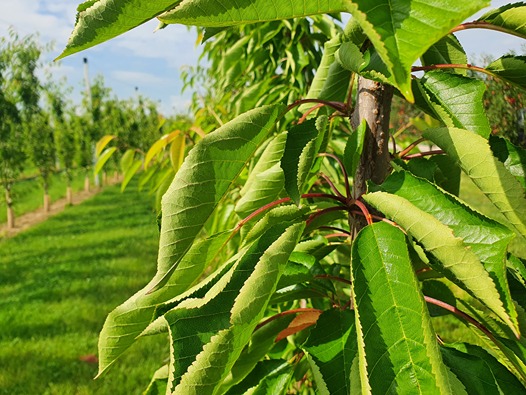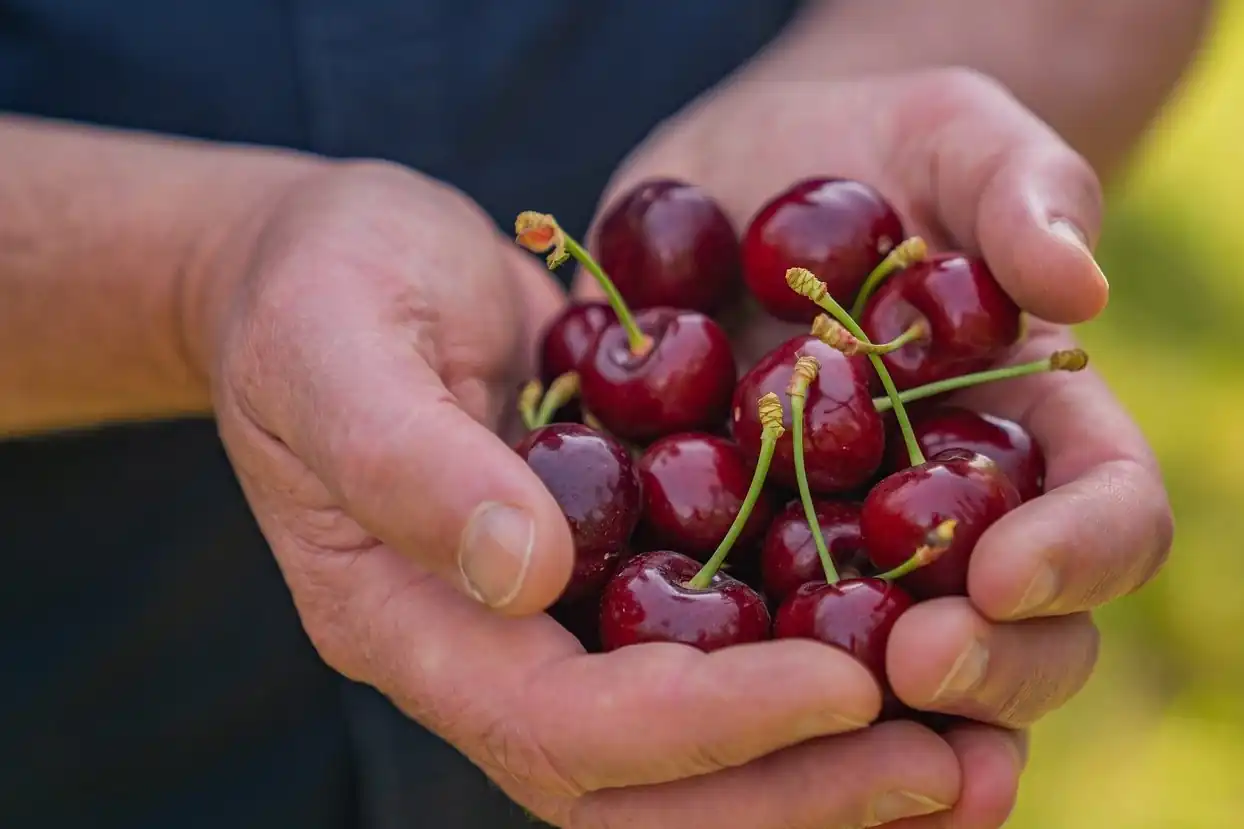The outbreak of X-disease in cherry orchards in the Northwest has drawn research attention to the once little-known grasshopper Colladonus reductus. Although several grasshopper species can carry the phytoplasma of disease X, C. reductus accounts for most of the vector activity in Washington State.
Washington State University pathologist Scott Harper highlighted the ability of C. reductus to transmit strain 3, which is more aggressive in spreading due to pathogen/vector compatibility. This discovery is one of many emerging as scientists seek to understand the pathogen/vector complex in order to develop sustainable management strategies for disease X.
The goal is to develop an IPM approach, as WSU entomologist Tobin Northfield explains. They are working on phenological models to optimise pest management strategies in orchards, making them less attractive to leafhoppers, rather than relying on prophylactic spraying that could cause resistance.
Currently, more than a dozen research projects, funded with $1.6 million in federal grants and $540,000 in grants from the Washington and Oregon cherry industry, are underway.
Scientists have discovered that the transmission of phytoplasma by grasshoppers takes a different time than previously estimated. Adrian Marshall, a postdoctoral researcher at the US Department of Agriculture laboratory in Wapato, Washington, conducted a study that revealed that 50 per cent of grasshoppers were able to transmit X-disease by day 17 after force-feeding.
Marshall suggests removing super-infected trees to keep grasshopper levels low, highlighting the importance of understanding the dynamics of transmission under different conditions. Removing root suckers has been shown to reduce the risk of X-disease transmission. Removing broadleaf weeds and the use of herbicides are recommended to make ground cover less attractive to grasshoppers.
Researchers are also exploring potential biocontrols, including the use of large-headed flies and pincer wasps that parasitise grasshoppers. Eliminating weeds, such as dandelion and mallow, may reduce the risk of disease X in orchards. Genetic studies on grasshoppers and phytoplasma offer interesting perspectives. Identifying key genes could pave the way for new approaches, such as the use of biopesticides or gene silencing techniques.
The fight against X-disease involves a combination of strategies to reduce the density of locusts and remove infected trees. By reducing the percentage of harmful trees, scientists hope to eliminate phytoplasmas from the system, solving the grasshopper problem.

Read the full article: Good Fruit Grower
Image: Good Fruit Grower
Cherry Times - All rights reserved











